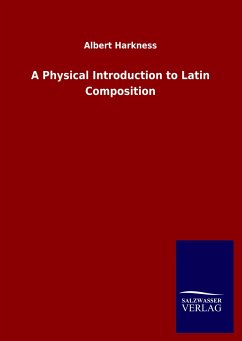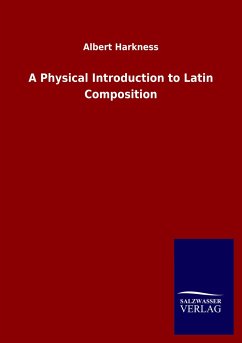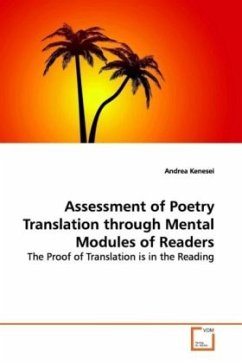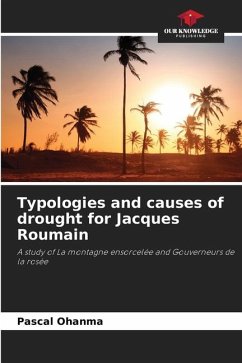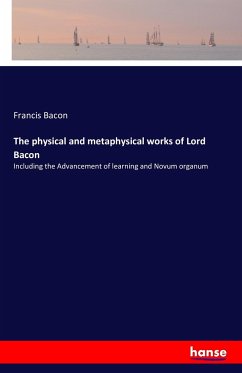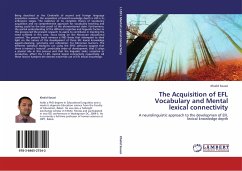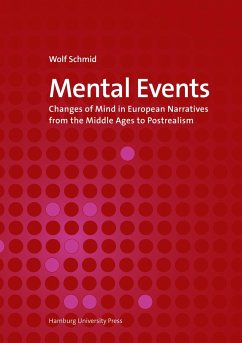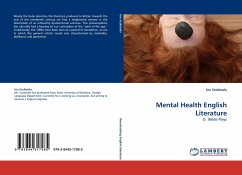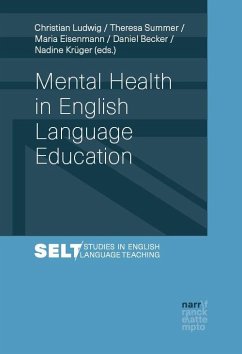
From Physical to Mental Acquisition
A Corpus-Based Study of Verbs
Versandkostenfrei!
Versandfertig in 6-10 Tagen
45,99 €
inkl. MwSt.

PAYBACK Punkte
23 °P sammeln!
That verbs from concrete domains are often mappedonto abstract domains to express, for example, mentalactivities has been shown by a number of scholars. Inparticular, it is well known that perception verbssuch as 'see' readily lend themselves to metaphoricalextensions into the mental domain. Perception verbsare not, however, the only source domain forconceptual mappings onto the mental domain. Thedomains of possession and acquisition can be used ina similar manner and verbs within those domains areimportant in the production of expressions for mentalactivity and provide vital clues to the unde...
That verbs from concrete domains are often mapped
onto abstract domains to express, for example, mental
activities has been shown by a number of scholars. In
particular, it is well known that perception verbs
such as 'see' readily lend themselves to metaphorical
extensions into the mental domain. Perception verbs
are not, however, the only source domain for
conceptual mappings onto the mental domain. The
domains of possession and acquisition can be used in
a similar manner and verbs within those domains are
important in the production of expressions for mental
activity and provide vital clues to the understanding
of the relationship between language, body and mind.
Based on the hypothesis that the frame to which a
verb is linked influences how easily that verb can be
extended into the mental domain, the aim of this book
is to shed some light on how frequently and
effortlessly the six verbs 'acquire', 'buy',
'gather', 'grasp', 'receive' and 'seize' are used in
an extended way as mental verbs. The analyses should
be of particular interest to scholars and students
within the field of linguistics, or anyone else with
an interest in semantics and word meaning.
onto abstract domains to express, for example, mental
activities has been shown by a number of scholars. In
particular, it is well known that perception verbs
such as 'see' readily lend themselves to metaphorical
extensions into the mental domain. Perception verbs
are not, however, the only source domain for
conceptual mappings onto the mental domain. The
domains of possession and acquisition can be used in
a similar manner and verbs within those domains are
important in the production of expressions for mental
activity and provide vital clues to the understanding
of the relationship between language, body and mind.
Based on the hypothesis that the frame to which a
verb is linked influences how easily that verb can be
extended into the mental domain, the aim of this book
is to shed some light on how frequently and
effortlessly the six verbs 'acquire', 'buy',
'gather', 'grasp', 'receive' and 'seize' are used in
an extended way as mental verbs. The analyses should
be of particular interest to scholars and students
within the field of linguistics, or anyone else with
an interest in semantics and word meaning.




